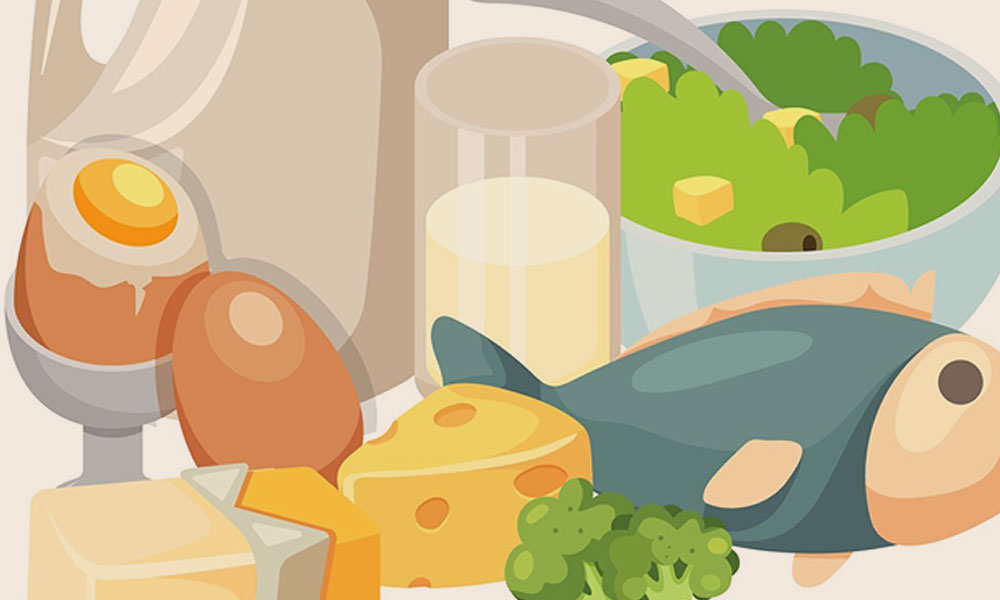Below is my summary of a very lengthy study on vitamin D and calcium. Here is the complete study for you sciencey folks who like to get down and dirty into the details.
Kidney stones are like tiny, hard pebbles that can form in your kidneys when certain substances in your urine, like calcium, get too concentrated. Think of your kidney as a filter for your body’s waste, and when too much of certain things build up, they can stick together and start forming a stone. Researchers have been trying to determine what makes some people get these stones and how we might prevent them.
What you eat and drink has a significant impact. Drinking lots of water is important because it can help dilute your urine and make it less likely to form stones. Eating a balanced diet with the right amount of calcium is also crucial.
It might sound weird, but even though most kidney stones are made of calcium, getting enough calcium in your diet can help prevent stones from forming. This is because calcium in your food can bind with other substances in your digestive system (oxalate) and stop them from ending up in your kidneys and forming stones.
Vitamin D is a bit more complicated. Our bodies need vitamin D to help absorb calcium, but too much and you can increase calcium in your urine—a condition called hypercalciuria. Taking extra vitamin D might not be a good idea because it could increase the risk of stones.
So, while vitamin D is important for your bones and overall health, people who form kidney stones might need to be careful about how much they take. A blood test will tell you how high your vitamin D level is and if you need to take a supplement.
If you need a Vitamin D pill to boost your levels, your doctor will help you determine the proper dose. Also, ask your doctor when you should recheck your blood. You’ll want to ensure your D level is not too high, as you can absorb too much calcium. It’s like Goldilocks: not too much, not too little—you want it just right!
Many doctors put patients who are low on Vitamin D on really high doses to get the level up but never have the patient come back in (or the patient doesn’t) to recheck the blood to see where their vitamin D levels have climbed to. You want to get to an excellent mid-range from a higher dose and then go on a maintenance dose of vitamin D. Get your levels checked yearly.
The researchers found that people who eat a diet high in fruits and vegetables and who manage their intake of animal proteins and salt tend to have a lower risk of developing kidney stones (aka The Kidney Stone Diet goals). They also noted that certain genetic factors might make some people more likely to get kidney stones, especially when combined with certain dietary habits.
In summary, staying hydrated, eating a balanced diet with the right amount of calcium, managing your salt and animal protein intake, and being cautious with vitamin D supplements if you’re prone to kidney stones are all smart strategies. And, as always, scientists need to keep researching because there’s still a lot to learn about how our diets and genes affect our risk for kidney stones.
Your friend and advocate,
Jill














Leave a Reply